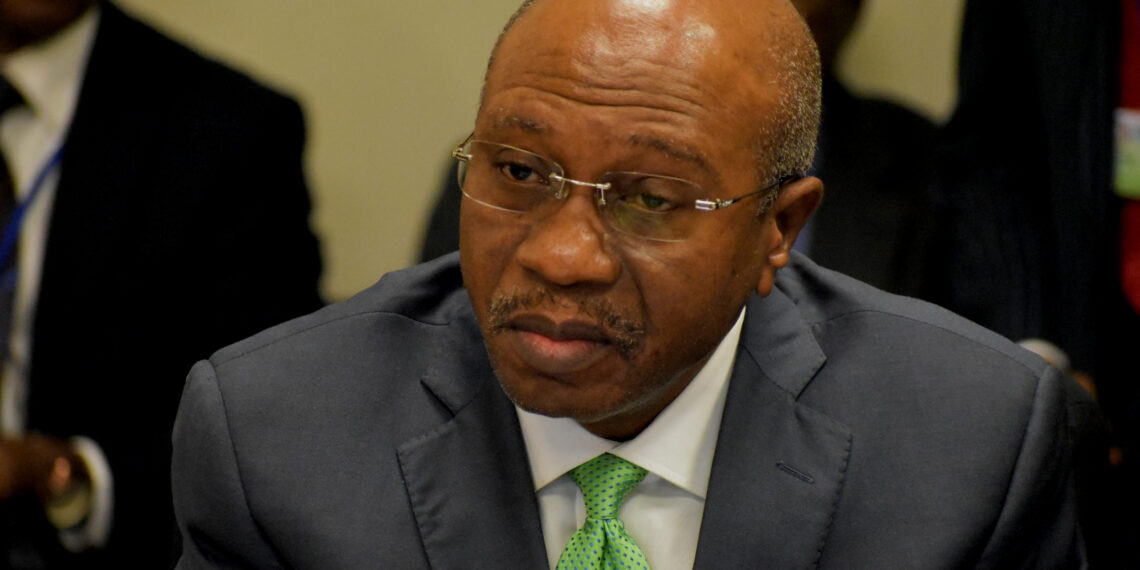The amount of dollars which Nigerians can pay into their domiciliary accounts has been reduced from $10,000 to $5,000 per month.
Making the disclosure to THISDAY on Tuesday, a top bank official who craved anonymity said the new policy does not apply to customers making electronic transfers as well as oil and gas companies and dollar payments into government accounts.
Experts believe this latest directive from the Central Bank of Nigeria CBN is aimed at discouraging the strong appetite for the greenback, which has continued to rise.
A report had revealed that about 40 per cent of bank deposits in the top 10 banks in the country was in dollars.
Head of Research at Coronation Asset Management, Mr. Guy Czartoryski, had in the report, said: “We looked at the top 10 banks and the breakdown of their deposits showed that 40 per cent of their deposits are in dollars and it is quite astonishing.”
The limitation policy by the banks, according to an analyst at ARM Securities Limited, Mr. Olamofe Olayemi, is expected to discourage the hoarding of the US dollars as well as reduce pressure in the forex market.
Speaking on the latest development on Arise News Channel yesterday, he said: “This has to do with how much confidence the people have in the naira. Over time, we have seen significant depreciation in the naira.
“If you look at what happened in 2020, no one expected that the naira would be devalued twice in that year and even the outlook, this year is suggesting further depreciation in the naira.
“So, it makes sense to a lot of people to store their money in dollars. But, from the CBN standpoint, you agree with me that there is dollar scarcity.”
He argued that the policy might discourage financial inclusion and raise the amount of cash outside the banking system.
“Again, it is important for the flow of money to be captured in the system,” he said.





